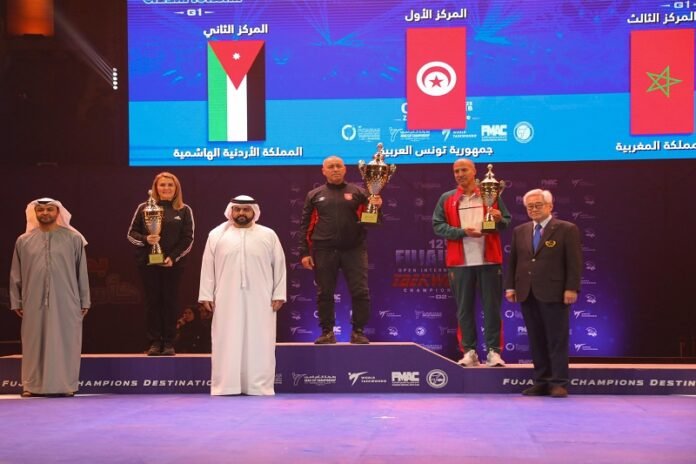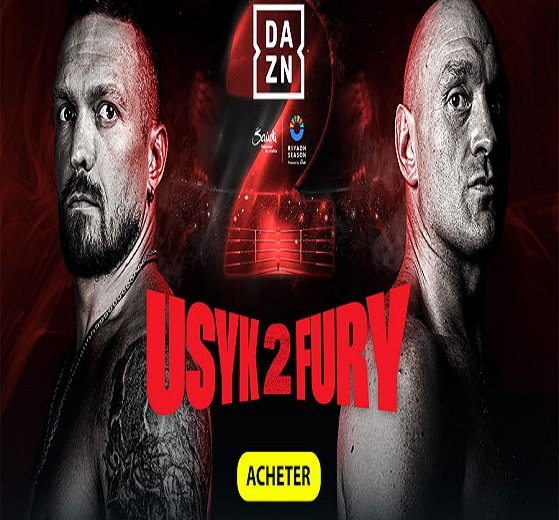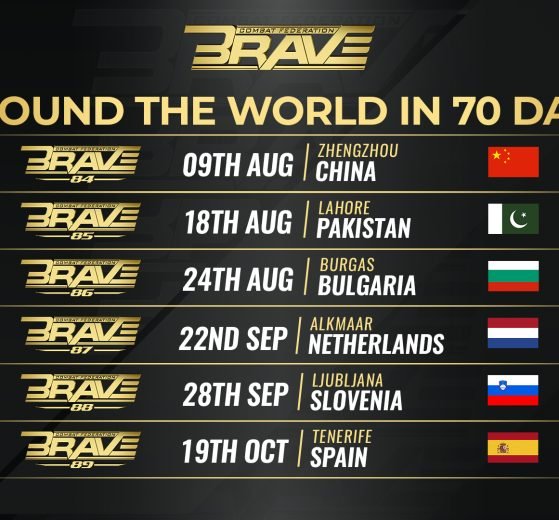The Moroccan national Taekwondo team secured third place in the 5th edition of the Arab Cup, held in Fujairah, UAE, from February 4 to 7, 2025. The tournament featured 1,542 participants from over 21 Arab nations.
While the Moroccan youth team claimed first place, the senior team finished in third position, with the cadets ranking fourth. In the overall team rankings, Morocco placed third behind Jordan (second) and Tunisia (first).
This major Arab sporting event showcased a high technical level, featuring several Olympic medalists from the Paris 2024 Games. Morocco’s medal tally was as follows:
Senior Category:
- Gold Medals (2): Farah Touzani (-46 kg) and Khadija Lamdrader (+73 kg)
- Silver Medals (2): Mariam Khoulal (-57 kg) and Zakaria Lakhouir (+87 kg)
- Bronze Medals (2): Nouzha Al-Assal (-49 kg) and Haithem Zarghouti (-80 kg)
Junior Category:
- Gold Medals (7): Ahmed Rahali (+78 kg), Omnia Jaber (-44 kg), Malak Shahid (-52 kg), Amina Dhahawi (-55 kg), Mariam Namis (-63 kg), Fatima Zahra Boudina (-68 kg), Aya Boumhamedi (+68 kg)
- Silver Medals (2): Boumah Ibrahim (-63 kg) and Ali Marjan (-51 kg)
- Bronze Medal (1): Reda Saket (-48 kg)
Cadet Category:
- Gold Medals (2): Omayma Naqabi (-51 kg) and Samer Lamlah (-59 kg)
- Silver Medals (2): Nada Kenana (+59 kg) and Sami Youssef Dhahawi (-41 kg)
- Bronze Medal (1): Saad Asha (-65 kg)
In total, Morocco won 21 medals: 11 gold, 6 silver, and 4 bronze. The championship concluded with an awards ceremony attended by Sheikh Mohammed bin Hamad Al Sharqi, Crown Prince of Fujairah, alongside key figures such as Chungwon Choue, President of the World Taekwondo Federation, Idriss Hilali, President of the Arab Taekwondo Federation, and Ahmed Al Zeyoudi, President of the UAE Taekwondo Federation.
Additionally, Idriss Hilali, a member of the World Taekwondo Federation and President of the Arab and Mediterranean Taekwondo Federations, was appointed as the technical delegate for this tournament by the International Federation.
Analysis: A Victory or a Wake-Up Call?
Despite the impressive medal count, Morocco’s third-place ranking raises critical questions. How did Tunisia, a country with fewer resources and a smaller population than Morocco, surpass the national team? What factors contributed to this relative underperformance, and who bears responsibility for it?
One key issue is the absence of the High-Level Sports Department at the Directorate of Sports, which should be actively involved in supporting and developing Moroccan athletes. The lack of effective long-term strategies in Moroccan sports governance is becoming increasingly evident, as the country struggles to maintain its dominance in major regional competitions.
Moreover, Morocco’s inability to compete with nations like Tunisia and Jordan suggests shortcomings in training programs, talent scouting, and investment in athletes. Should the Moroccan Taekwondo Federation reassess its development plans? Is it time to restructure the sports management system to avoid similar disappointments in future international competitions?
The road to recovery demands an in-depth evaluation, a well-defined action plan, and a commitment to strengthening Morocco’s position on the global sports stage.




